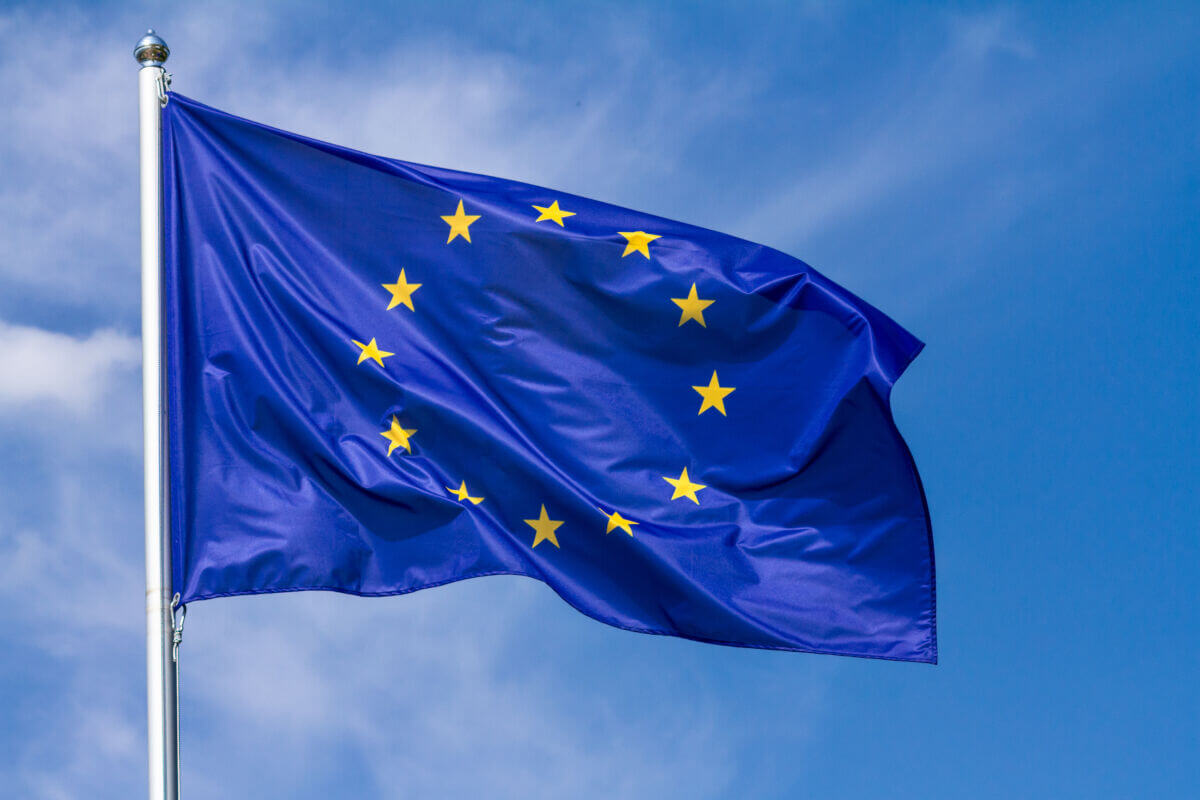Legislative proposal for the Security Review Investment, Mergers and Acquisitions Act (Vifo)
On 30 June 2021, the legislative proposal for the Security Review Investment, Mergers and Acquisition Act (hereinafter referred to as the Bill) was presented to the House of Representatives. The Bill provides for a safety test for investments, mergers and acquisitions in a vital provider or a company in the field of sensitive technology that may pose a risk to national security (Vital Services). The Act applies to companies where a sector-specific test has not yet been included in applicable sectoral legislation and where changes in control may pose a risk of affecting the continuity of vital processes, affecting the integrity and exclusivity of knowledge and information and creating undesirable strategic dependencies.
Background
On 19 March 2019, a European regulation was adopted that outlines the framework for screening foreign investments in Vital Services. A sector-specific investment test is already included in several Dutch laws, namely in the Electricity Act 1998, the Gas Act and the Telecommunications Act. For those cases where no sector-specific investment test for Vitals Services has been laid down in a law, the Bill introduces an investment test to protect national security in the event of investments, mergers and acquisitions.
Purpose
The purpose of the bill is to establish rules to control risks to national security arising from certain acquisition activities. The aim is to prevent the following risks:
– the creation of undesirable strategic dependencies, for example because the acquirer could disrupt vital processes in the Netherlands, resulting in social disruption;
– impairment of the continuity of vital processes, such as the electricity supply, access to the Internet, the drinking water supply and the payment system, for example by using sensitive information to disrupt or jeopardise the vital process; and
– compromising the integrity and exclusivity of knowledge and information about vital processes or sensitive technologies that, in unwanted hands, could endanger national security.
Scope
The Bill applies to the acquisition of control or ‘significant influence’ from a country within or outside the EU over a target company established in the Netherlands that is regarded as a vital provider, or a target company active in the field of sensitive technology. Below, the terms (i) acquisition activities, (ii) target company, (iii) vital providers, (iv) sensitive technology and (v) significant influence are explained respectively.
Re (i) Acquisition activities
Acquisition activities within the meaning of the Vifo Act means any acquisition activities (such as investments, mergers, joint ventures, demergers) that
– lead to changes in the control of vital providers or undertakings in the field of sensitive technology; or
– acquiring or increasing significant influence over companies with sensitive technology.
Re (ii) Target undertaking
The Vifo Act concerns “target companies established in the Netherlands”. To determine whether the Netherlands is the domicile of the target company, the place of effective management and the activities are decisive. The location of the registered office or legal form is not relevant to the question of whether the target company is established in the Netherlands.
Re (iii) Vital suppliers
Vital providers are companies that are so essential to Dutch society that their failure or disruption could lead to serious social disruption and pose a threat to national security. Article 7 of the Bill contains a list of categories of companies that are considered vital providers, such as heat transport (the provision of the entire heat transport for the regional heat supply from the connection of a heat source to the heat transport network to the connections of customers), nuclear energy, air transport, the port area, the banking sector, the infrastructure for the financial market, recoverable energy (such as gas from the Groningen field) and gas storage. Other categories of vital providers may be designated in the future by order in council.
In view of the energy transition, to which the Explanatory Memorandum also refers, we consider it likely that providers of, for example, hydrogen transport and CO2 transport and storage (CCUS) will also be designated as ‘vital providers’ within the meaning of the Bill.
Re (iv) Sensitive technology
Companies with sensitive technology are companies that possess certain knowledge or information of strategic technology that can have consequences for national security. Article 8 of the Bill specifies that ‘sensitive technology’ means: (i) military goods and (ii) ‘dual-use’ products (products used for both military and civilian purposes) whose export is subject to authorisation. Also, for sensitive technology, certain items in these categories can be excluded or added by decree.
Re (v) Significant influence
Under the Bill, not only the acquisition of control (as referred to in Section 26 of the Competition Act), but also the purchase of shares through which ‘significant influence’ is acquired in companies that are active in the field of sensitive technology is subject to a notification requirement. The Bill introduces threshold values to indicate when there is ‘significant influence’. If the acquirer of shares would have 10, 20% or 25% of the votes in the general meeting of shareholders after the acquisition, this qualifies as significant influence and the notification obligation applies.
Notification obligation
Any intention to carry out an activity falling within the scope of the Bill must be reported by the acquirer and the target company to the Minister of Economic Affairs and Climate Policy (the Minister). In practice, this notification must be made to the Bureau for Verification of Investments. The assessment of whether an acquisition activity may lead to a risk to national security will take account, among other things, of the transparency of an acquirer’s ownership structure and relationships, any sanctions imposed, restrictions under international law and the security situation in the country of which the acquirer is a resident, the security situation in the country of its head office or the security situation in neighbouring countries. In principle, the party obliged to notify must provide information on this himself.
Within a period of eight weeks (with an extension period of no more than six months) of receiving the notification, the Minister may either announce that no review decision is required, or that a review decision has been taken. A review decision is required if an acquisition decision may lead to a risk to national security. If this is the case, the Minister may attach requirements or conditions to the review decision to limit such risks or prohibit the acquisition activity altogether.
The Bill contains a standstill obligation, meaning that an acquisition activity may not be carried out until the Minister has issued a notification about the assessment of the notification.
Acting contrary to the Vifo Act
If the notification obligation is not complied with or not complied with in a timely manner, the Minister may suspend the control rights in the relevant target company, impose an administrative sanction and even reduce or terminate the acquired control or significant influence.
Retroactive effect
The Bill provides that the regulation will have retroactive effect until 8 September 2020. This means that the Minister can order potentially risky acquisitions that take place or have taken place after 8 September 2020 and before the entry into force of the Bill to make a notification until 8 months after the entry into force of the Bill. There is no duty to report acquisition activities from this period proactively.
What next?
If the Upper and Lower Houses pass the Bill, the Vifo Act will enter into force in the course of 2022 or early 2023. From the moment of entry into force, the security test will apply to investments from all countries that are not subject to a sector-specific test in the Netherlands and where changes in control may pose a risk to national security. If the Bill enters into force, the Vifo Act will play a major role in investments in the energy sector. The markets for hydrogen and CCUS, for example, are currently still being formed and these are markets where many foreign parties are active. If the Vifo Act takes effect, and hydrogen transport and CCUS are brought within the scope of the Bill (which we expect), then foreign investors shall have to take account of the notification requirement.






